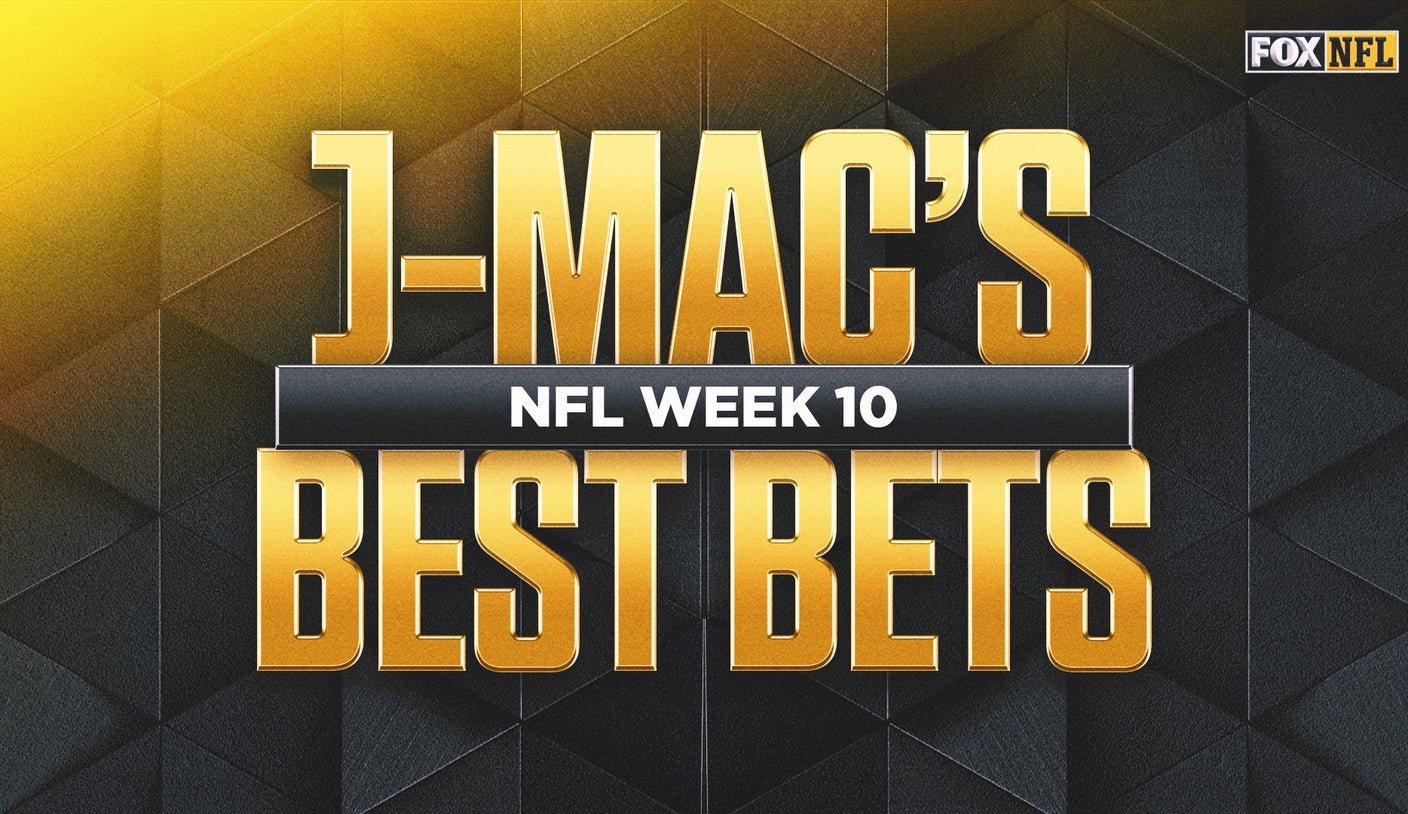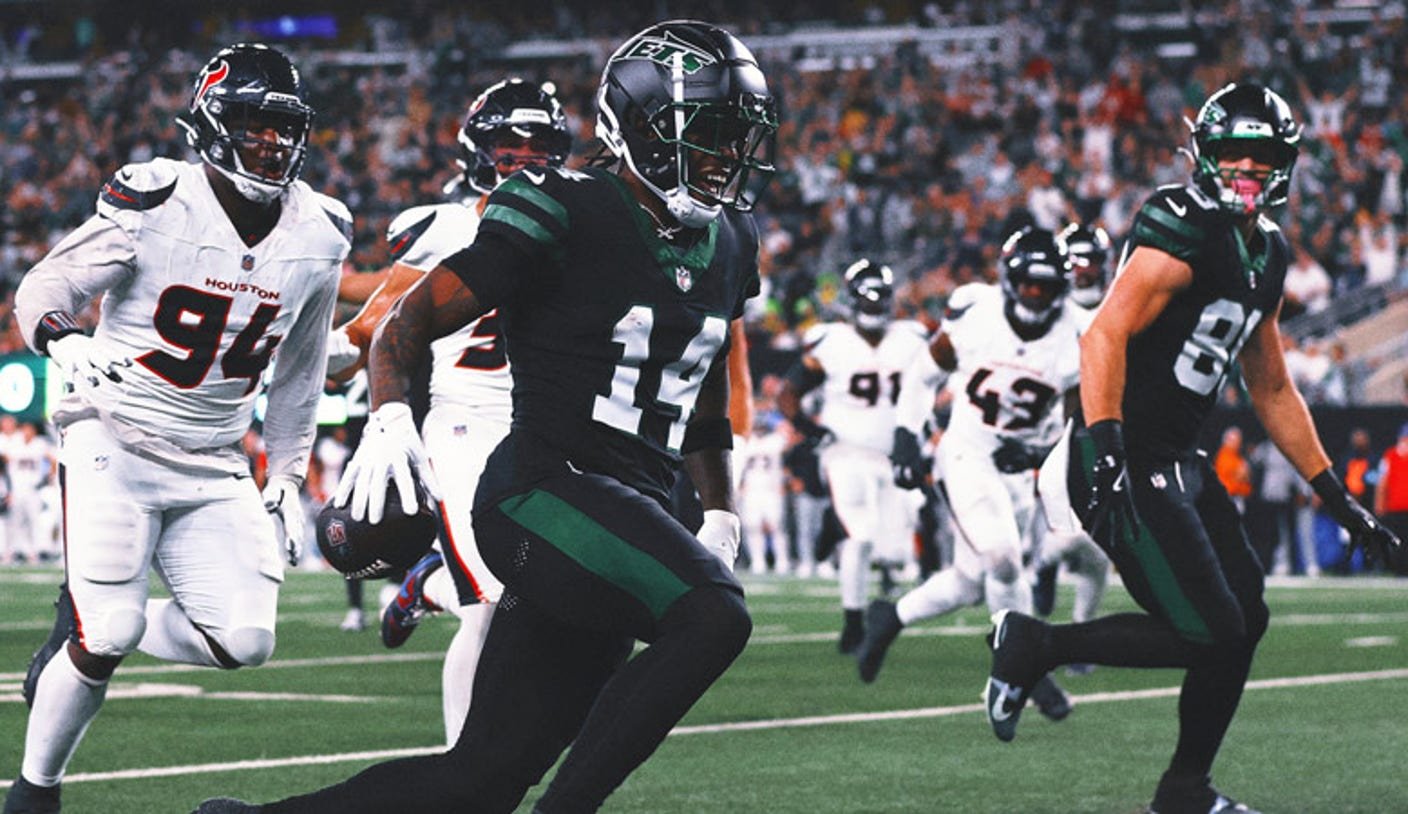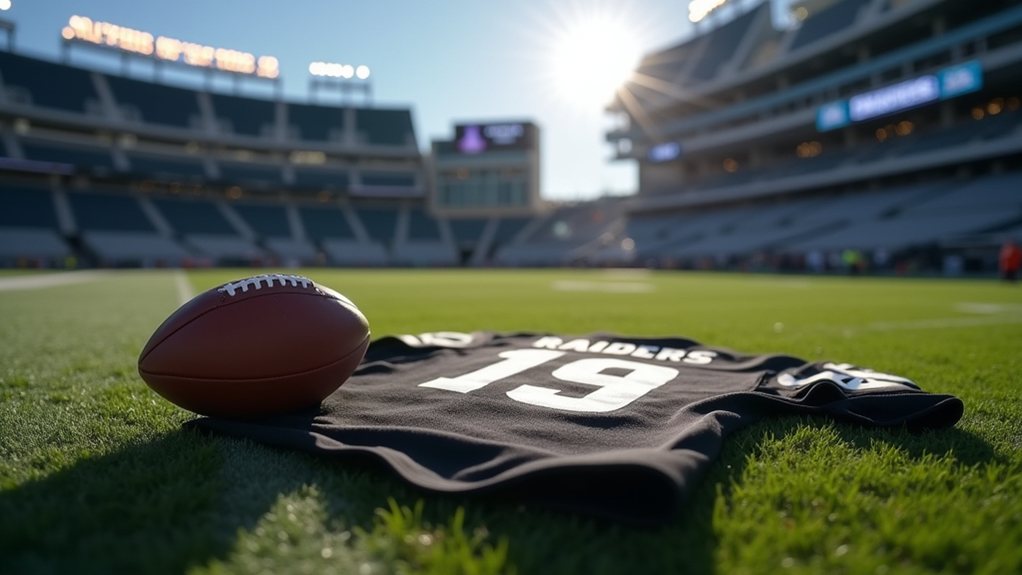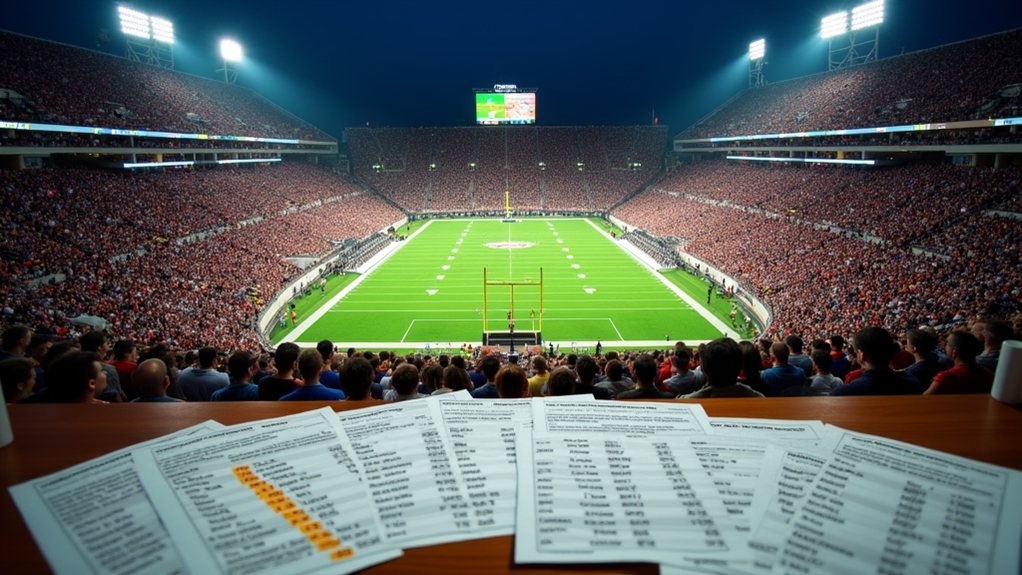Could the Titans pass on a quarterback with the No. 1 pick and instead pursue Aaron Rodgers? This scenario is certainly on the table. The four-time MVP, recently released by the New York Jets, remains a viable option for teams looking for experienced leadership. Despite a challenging couple of seasons, Rodgers has expressed intentions to continue his career. Tennessee’s decision-making, especially with the top draft choice, is anything but straightforward.
The Titans may consider a seasoned quarterback as a short-term solution. If they are not convinced by prospects like Shedeur Sanders from Colorado or Cam Ward from Miami, pairing a veteran like Rodgers with Will Levis—who still has two years left on his rookie contract—could provide the stability the team needs for the 2025 season. This approach would allow the Titans to use their first overall pick to gather additional draft capital, which is crucial for rebuilding.
Draft picks hold significant value for every NFL team, especially for the new Titans management. They face the challenge of revitalizing a roster that underperformed last season with a record of 3-14. New general manager Mike Borgonzi emphasized the importance of exploring every option, stating, “We’re going to turn over every rock, whether that’s free agency or the draft.” He confirmed that Levis will be given a fair chance to compete while the team actively seeks improvements.
Even in his declining years, Rodgers offers a performance level that far surpasses what the Titans had in 2024. Last season, the 41-year-old quarterback recorded 3,897 passing yards, 28 touchdowns, and 11 interceptions. In contrast, Levis and Mason Rudolph together managed only 3,621 passing yards and 22 touchdowns, with a staggering 22 interceptions. Rodgers could provide coach Brian Callahan with the consistency needed to elevate the team’s offensive capabilities.
Callahan acknowledged the necessity for thorough evaluation in both free agency and the draft, stressing that the quarterback position is a priority. As the Titans embark on their roster overhaul, acquiring a player of Rodgers’ caliber could also rekindle fan interest, a vital factor given the dwindling attendance at Nissan Stadium during the previous season.
However, the question remains: would Rodgers want to join a franchise that has struggled with pass protection? His limited mobility at 41 could deter him from considering Tennessee as a desirable destination. Yet, there are connections worth noting; Rodgers and Titans president Chad Brinker share a 14-year history from their time with the Green Bay Packers, and new passing game coordinator Tony Oden also worked with Rodgers during his last two seasons with the Jets. Their familiarity might influence Rodgers’ decision-making process.
Despite the Titans’ need for a roster overhaul, they do possess valuable assets, including a 1,000-yard receiver in Calvin Ridley and a 1,000-yard rusher in Tony Pollard. With the No. 1 pick in the draft and ample salary cap space, the Titans have the potential to attract a veteran quarterback like Rodgers.
As the Titans set their sights on the future, Brinker articulated a vision for the team, saying, “If I can map this out perfectly, I’d love to have 30 picks over the next three years and 12 of those come in the top 100.” His strategy emphasizes the importance of youth and the need to blend experienced veterans to create a balanced roster.
Could Aaron Rodgers be one of those veterans? The Titans’ pursuit of him could reshape their future and provide the leadership they desperately need.









